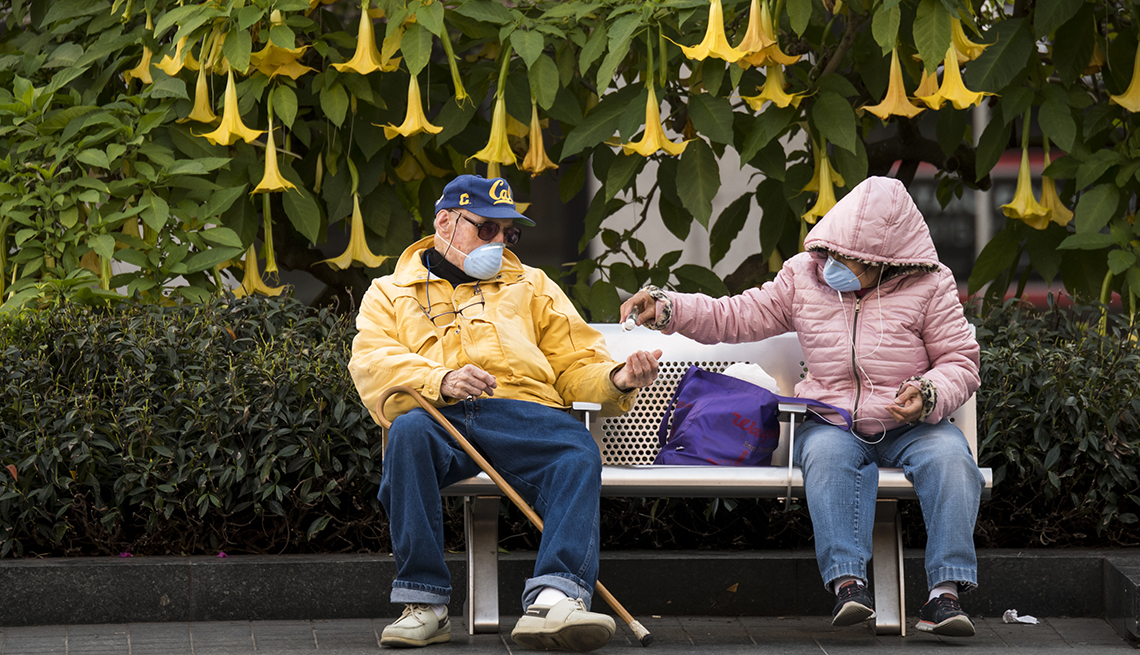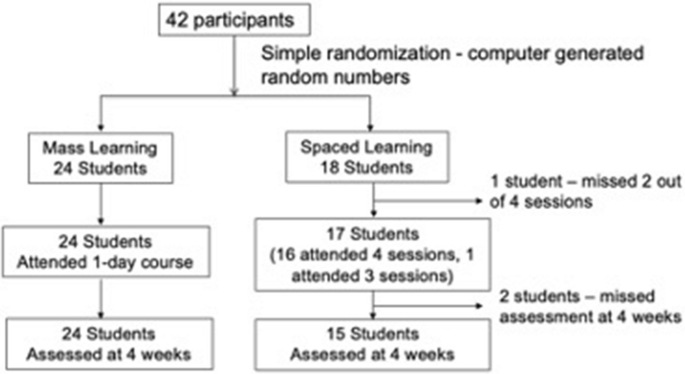
- Select a language for the TTS:
- UK English Female
- UK English Male
- US English Female
- US English Male
- Australian Female
- Australian Male
- Language selected: (auto detect) - EN
Play all audios:
Call your doctor’s office and ask what strategies they’re employing to protect patients. If you develop COVID-19 symptoms, call your health care provider, inform them of your symptoms, and
follow their instructions. CDC is also providing guidance to health care facilities on steps they can take to prepare for coronavirus disease. _Editor's Note: Since this interview was
conducted, health officials have urged patients and health care providers to cancel or postpone all elective and nonessential medical, surgical, and dental procedures during the coronavirus
outbreak._ WILL WARMER WEATHER CAUSE THE NUMBER OF CASES OF COVID-19 TO DROP? It is not yet known whether weather and temperature impact the spread of COVID-19. Some other viruses, like the
common cold and flu, spread more during cold weather months, but that does not mean it is impossible to become sick with them during other months. There is much more to learn about the
transmissibility, severity and other characteristics of COVID-19. Investigations to find those answers are ongoing. IS IT TRUE THAT OLDER ADULTS FACE AN ELEVATED RISK FROM THE VIRUS? Older
people and people with underlying health conditions appear to be about twice as likely to develop serious outcomes versus otherwise younger, healthier people. CDC is particularly concerned
about these people, given the growing number of cases in the United States. Older adults experience a gradual deterioration of their immune system, making it harder for their body to fight
off diseases and infection. Many are also more likely to have underlying conditions that hinder the body’s ability to cope and recover from illness. People with health conditions like heart
disease, lung disease and diabetes need to be especially careful to avoid exposure to COVID-19. WHAT SHOULD OLDER ADULTS IN ASSISTED LIVING OR RETIREMENT COMMUNITIES DO? Right now, we still
judge the general risk to the American public to be low. However, those who are older and medically fragile would be at higher risk if there was spread in a community. There are general,
commonsense measures that we ask long-term care facilities to do to make sure to protect their residents, and they are the same things that we’ve been talking about—washing hands,
identifying people who are sick early to make sure that they get appropriate medical care. And when somebody is sick, trying to keep them from infecting others. _Editor's Note: Since
this interview was conducted, the CDC has issued specific guidance for long-term care facilities and nursing homes to restrict all visitation, including volunteers and nonessential health
care personnel, except for certain compassionate care situations, such as end-of-life situations._








